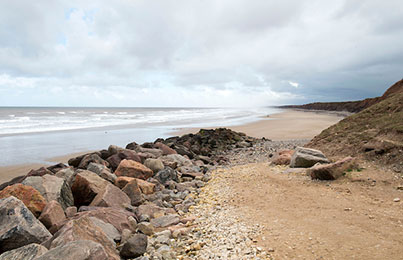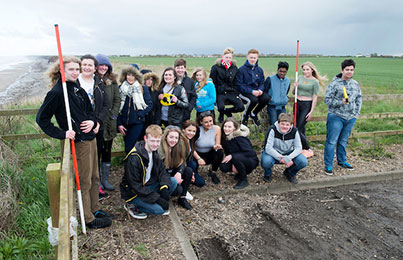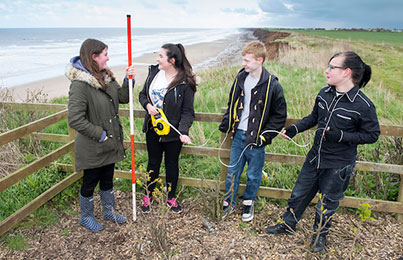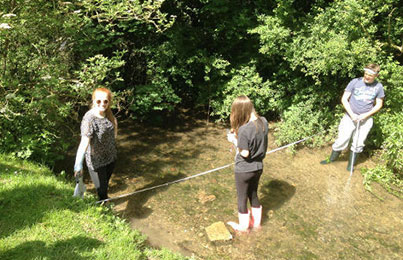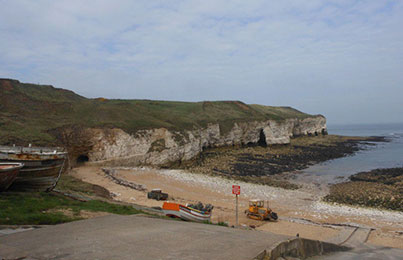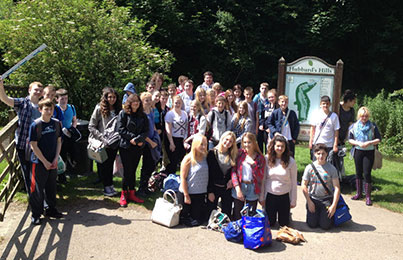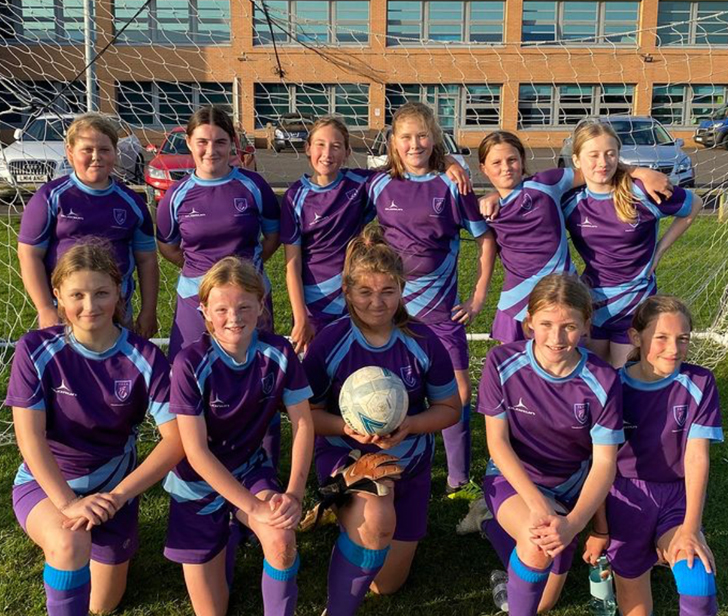Geography
- Geography
- Ethos & Values
- Resources & Facilities
- Courses & Qualifications
- Where Does This Take Me In The Future?
Geography
The Geography Department aims to develop understanding of the world in which we all live and share. We encourage students to consider their future world, by exploring key issues, landforms and world changes. Through their geography lessons, students have opportunities to explore the world from their own classroom, as they investigate case studies from the local area, the UK, Europe, and the wider world. Students are also encouraged to understand their own role in society, through the careful consideration of different cultures, viewpoints and values.
We want to create successful learners who progress and achieve, considerate individuals who lead safe and healthy lives and responsible citizens who make a positive contribution to society.
Geography is a crucial subject for students to learn and to understand the world around us. We can then understand how people impact and create change; we also consider how it can be preserved and made more sustainable for the future.
Ethos & Values
Our curriculum both meets and exceeds the requirements of the National Curriculum. Our KS3 curriculum is taught following the Progress in Geography scheme of work.
Our curriculum is taught through 3 lenses which are directly linked to the GCSE assessment objectives.
- World knowledge of locations, places and geographical features,
- Geographical understanding and
- Application geographic skills and enquiry
Geography encourages the development of a wide range of transferable skills. Students of Geography should be capable of doing all of the following:
- You can understand what motivates people, what they think and how they feel.
- You are able to gather, read, and interpret different kinds of information.
- You can read maps, graphs and other diagrams, and accurately interpret different types of data.
- You are able to communicate clearly and effectively, both verbally and in writing.
- You are able present arguments and consider different viewpoints.
- You are able to work safely in different locations through experience on fieldwork.
- You are able to use specialised fieldwork equipment to gather information about the locations you visit.
- You will confidently use specialist geographical vocabulary.
- You will use specialist equipment and ICT.
Resources & Facilities
We have a number of dedicated, professional staff who are passionate about and dedicated to teaching and learning in Geography.
We offer dedicated, well equipped and comfortable classrooms, equipped with interactive facilities and a wide range of quality resources and subject specific software.
We also have a dedicated ICT suite which can be utilised across all year groups.
Courses & Qualifications
Key Stage 3
All students study Geography at Key Stage 3, enabling them to investigate a variety of aspects of physical and human geography. The pupils will follow the Progress in Geography programme of study.
Progress in Geography has been designed to promote curiosity about, and passion for, the world. It has been planned to support pupils on a learning journey to help you understand the world in the past, present and future. Through the three interconnected areas of progression, (World knowledge of locations, places and geographical features, Geographical understanding and Application geographic skills and enquiry) Progress in Geography will enable you to successfully know, think, and work like a geographer.
- Develop an understanding of both human and physical geographies
- Develop an understanding of the interactions and relationships between human and physical geographies.
- To develop students understanding of local, national and global geography.
- Use Geographical Information Systems (GIS) to view and analyse places and data.
- Apply knowledge and understanding to interpret, analyse and evaluate geographical information and issues.
- Encourage students to understand their own role in society through the careful consideration of different cultures, viewpoints and values.
- develop and demonstrate a range of geographical skills, including cartographic, graphical, numerical and statistical
- complete programmes of fieldwork; enquiries which include the use of primary data taking place outside the classroom and school grounds and secondary data
- Understanding concepts and how they are used in relation to places, environments and processes; the interrelationships between places, environments and processes.
- Promote the concepts of sustainability throughout the curriculum.
Key Stage 4
At Key Stage 4, students complete a GCSE qualification in Geography following the AQA specification, with examinations taking place at the end of Year 11; students are also required to take part in fieldwork. They will sit three examinations at the end of Year 11:
- Paper 1: Living with the Physical Environment (35% of GCSE);
- Paper 2: Challenges in the Human Environment (35% of GCSE);
- Paper 3: Geographical Applications (30% of GCSE).
During the course, students will investigate themes such as Natural Hazards, Weather Hazards, Climate Change, Ecosystems, Physical Landscapes in the UK, Urban Issues and Challenges, and the Changing Economic World.
As part of their studies, students will be expected to complete two geographical enquiries, including the use of primary data collected as part of a fieldwork exercise. Thus, during the course of their GCSE studies, all students will take part in two fieldtrips to contrasting environments, enabling them to develop their knowledge of both physical and human geography and how they interact together. Examples of past fieldtrips include a visit to the Holderness Coast to investigate the impact of coastal management, and a visit to Lincoln to study urban regeneration in the city centre.
The study of GCSE Geography enables students to develop their skills in each of the following areas:
- Cartographic skills - the ability to use and interpret different types of maps in an accurate manner.
- Graphical skills - the ability to select and construct appropriate graphs to present data.
- Numerical skills - the ability to understand number, area and scales and to draw informed conclusions from data.
- Statistical skills - the ability to use appropriate measures, calculate percentages, identify trends and make predictions.
- Literacy skills - the ability to communicate information in a suitable manner and the accurate use of spelling, punctuation and grammar.
Where Does This Take Me In The Future?
The study of Geography lets you develop skills which could lead to many different career choices. Some examples of careers you could choose are:
Accountancy, Administration, Archaeology, Architecture, Broadcasting, Civil Service, Diplomatic Service, Drama Theatre and the Performing Arts, Education, Environment and Conservation, Finance, Information Management, Law, Media, Teaching, Public Relations, Journalist, Legal Executive, Police, Politics, Publishing, Sales and Marketing, Solicitor, Tourism, Town Planning and TV Researching. The opportunities are endless...
Geography is accepted by almost all employers and universities as the wide range of skills and knowledge provided allows the student to develop as an individual. Most universities offer courses featuring this subject to give students the opportunity for further development.
